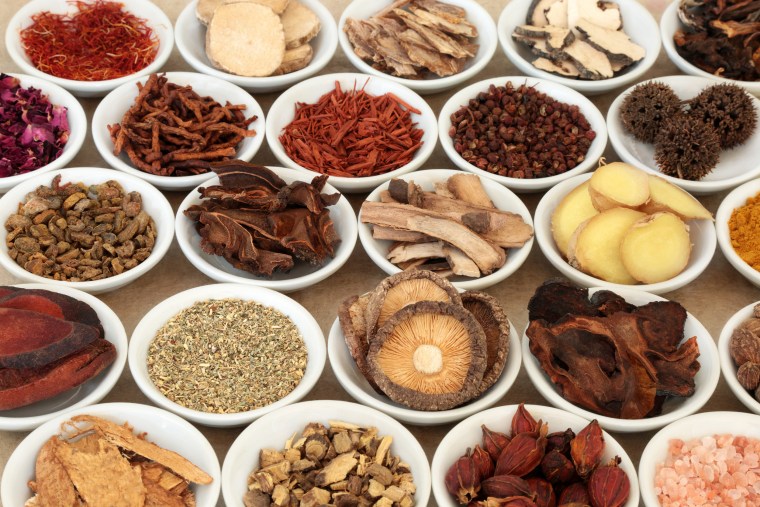A new study conducted by researchers from Singapore and Taiwan has found a link between some plants used in Chinese herbal remedies and liver cancers.
In the study, published online last week in the medical journal Science Translational Medicine, a team of scientists examined 98 liver tumors from Taiwan and found that 78 percent showed signs indicating exposure to “aristolochic acids” (AA), a carcinogenic compound found in plants used in some traditional medicines. The compounds have also been linked to urinary tract cancers and kidney failures.

“The findings really underscore how dangerous AA is,” Steven Rozen, senior author of the study and a professor from Duke-NUS Medical School in Singapore, told NBC News. “And now we have a smoking gun with respect to liver cancers.”
Scientists also looked at data on mutations from 1,400 liver cancers from across the world and found that 47 percent of those from China and 29 percent of those from Southeast Asia showed evidence of exposure to AA. Lower percentages were found in Korea (13 percent), Japan (2.7 percent), North America (4.8 percent), and Europe (1.7 percent).
AA is found in aristolochia and asarum plants, which are used in traditional medicine for a variety of purposes, including weight loss and slimming.
The chemical was banned in Europe in 2001 and in Singapore since 2004; China restricts the use of some plants containing AA; and in the United States, the sale of herbs with the compounds is unregulated as long as they are labeled accurately and contain no health benefit claims, study authors wrote.
In Taiwan, some herbs containing the chemicals were banned in 2003, but the law excluded a group of plants containing the compounds, Rozen said, adding that the prohibited plants were still being widely prescribed the year after the ban. Researchers wrote that they detected no significant difference in the prevalence of AA in liver cancer patients before and after the ban.
A reason for this could be that plants containing the compound are still widely available online, Rozen said.
“In some cases, regulations could probably be improved,” he added.
Researchers also wrote that continued prevalence of AA-related liver cancers may be due to a lag between a decline in those cancers and the reduction of exposure to the chemicals. They noted that in the United States, the decline of tobacco-related lung cancers began decades after tobacco suppression efforts started.
Rozen said he hopes the new findings will increase awareness of the dangers of AA.
“In the long term, I hope we can non-invasively test for exposure to AA and find therapies that might be particularly suitable for tumors with AA involved,” he said. “Those are five- to 10-year goals.”
Follow NBC Asian America on Facebook, Twitter, Instagram and Tumblr.